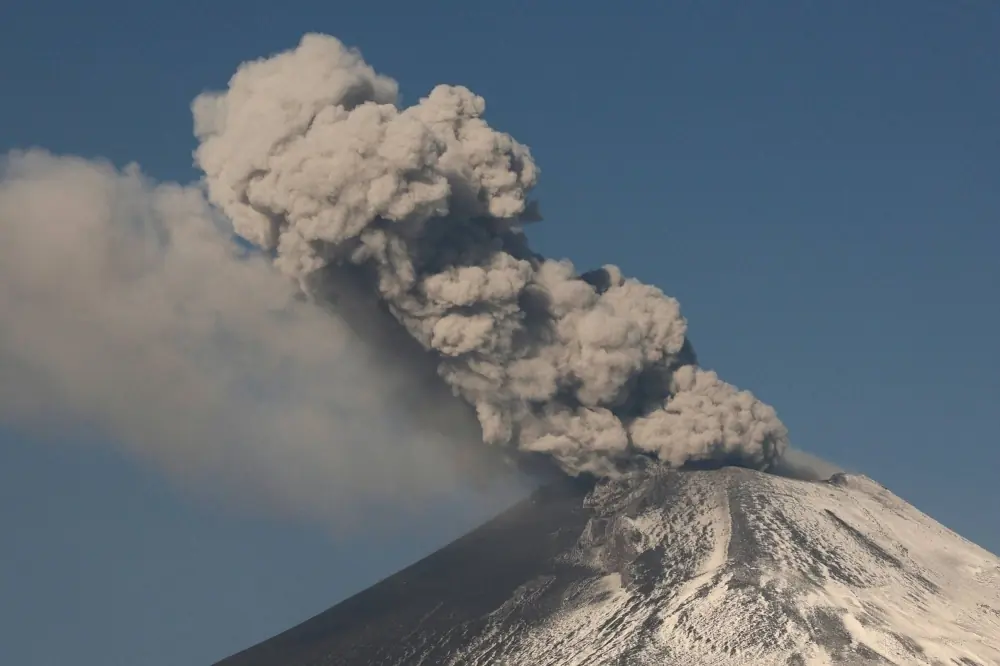
When Will Earth Run Out of Oxygen? Scientists Reveal the Timeline and What It Means for Humanity
When Will Earth Run Out of Oxygen? Scientists Reveal the Timeline and What It Means for Humanity
Oxygen is fundamental to life on Earth, sustaining billions of organisms and driving ecological balance. Yet, as human activities continue to alter the planet’s systems, questions arise about the longevity of Earth’s oxygen supply. Scientists have been investigating how long oxygen will remain abundant and what factors influence its future.

Understanding Earth's Oxygen Cycle
Oxygen is produced primarily through photosynthesis, a process where plants, algae, and certain bacteria convert carbon dioxide and sunlight into oxygen and organic matter. This cycle maintains the balance of atmospheric oxygen, currently at approximately 21%.
However, oxygen levels are not static; they fluctuate over geological timescales influenced by factors such as volcanic activity, ocean chemistry, and the evolution of life.
Human Impact on Oxygen Levels
Modern industrialization, deforestation, and pollution have raised concerns about whether human activities could significantly deplete atmospheric oxygen. While current oxygen consumption by humans is substantial, it is only a fraction of what natural processes replenish.
Nonetheless, deforestation reduces the planet's capacity to generate oxygen, and ocean degradation affects phytoplankton, a vital oxygen producer. Additionally, rising carbon emissions contribute to global warming, indirectly impacting oxygen production by stressing ecosystems.
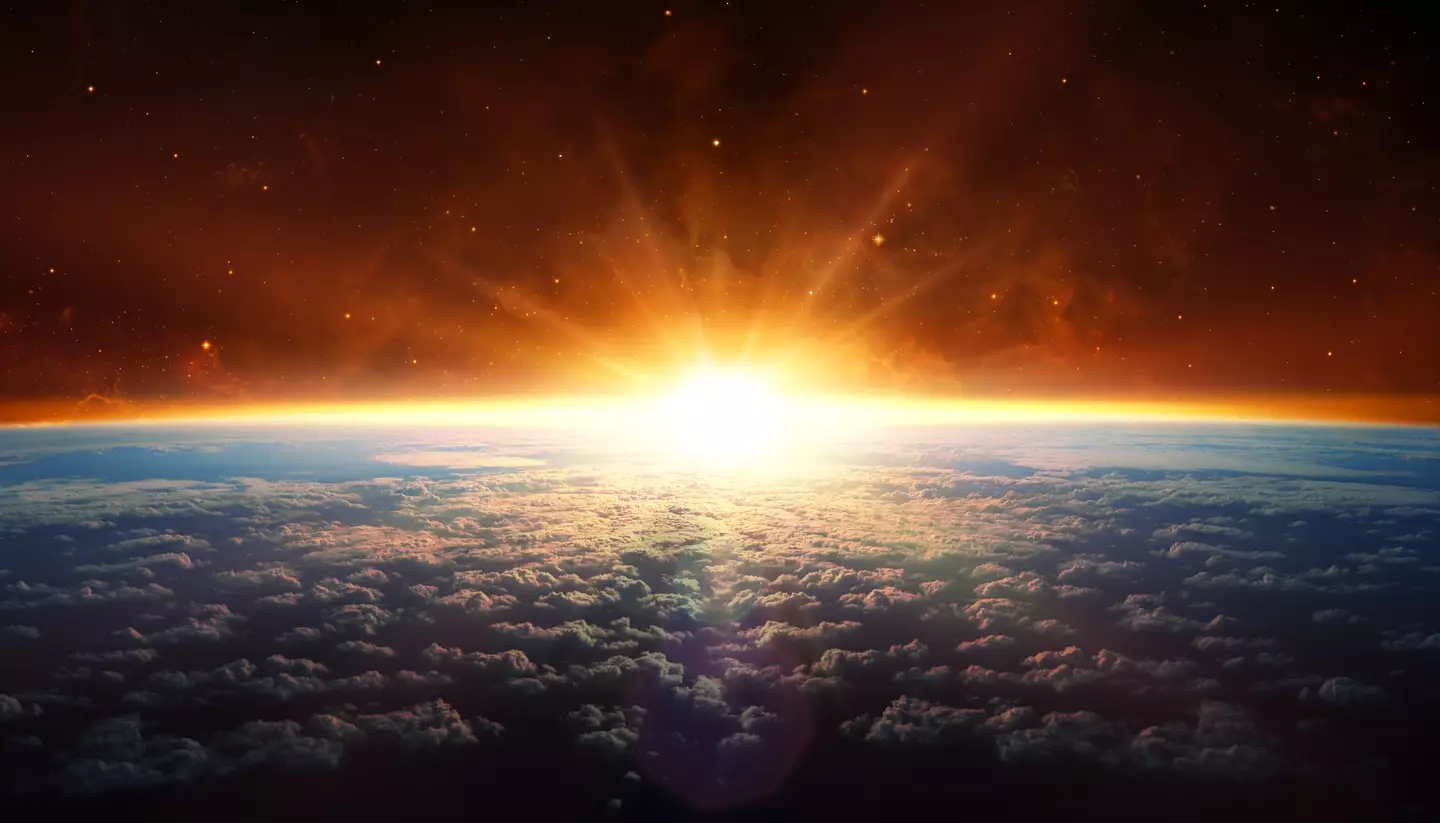

The Scientific Timeline: How Long Until Oxygen Runs Out?
Recent models suggest that Earth's oxygen levels will remain sufficient for human survival for hundreds of millions of years. This timeline far exceeds typical human scales but underscores the importance of preserving ecosystems that support oxygen production.
Scientists estimate that photosynthetic activity and geological processes will continue to maintain oxygen levels, but changes in climate and biodiversity loss could accelerate local declines, affecting air quality and health.
Potential Consequences of Oxygen Decline
Significant drops in atmospheric oxygen could lead to catastrophic effects, including:
-
Reduced aerobic respiration efficiency in animals and humans
-
Increased occurrence of hypoxic zones in oceans, disrupting marine life
-
Altered fire regimes due to lower oxygen concentrations, impacting ecosystems
While such outcomes are not imminent, they emphasize the need for environmental stewardship.
What Can Be Done to Protect Earth’s Oxygen Supply?
Sustaining Earth’s oxygen depends on maintaining healthy ecosystems and mitigating human-induced stressors. Key strategies include:
-
Reforestation and afforestation: Planting trees and restoring forests enhance oxygen production.
-
Protecting ocean health: Reducing pollution and combating climate change supports phytoplankton and marine ecosystems.
-
Reducing fossil fuel use: Lowering carbon emissions helps stabilize climate and ecosystem functions.
-
Promoting sustainable agriculture: Practices that preserve soil health and biodiversity contribute to oxygen balance.
Conclusion
While Earth’s oxygen supply is not an immediate concern, understanding its dynamics highlights the interconnectedness of life and environment. Protecting the natural processes that sustain oxygen production is essential for the health of current and future generations.
By embracing sustainable practices and valuing ecological balance, humanity can ensure the continued abundance of the air we breathe.
News in the same category


Melting arctic ice could unleash ancient 'z0mbie v!ruses': a growing concern

One Month Before a Heart A::::ttack: Recognize These Vital Warning Signs

Pr0st@te C@ncer Risk Increases by 45% Among Men Who Skip Screening Appointments

Psychic Who Predicted COVID Warns of Future Global C@t@strophes

Unveiling the Untold Story of Jesus Christ’s Crucifixi0n: The Role of Longinus and Nicodemus
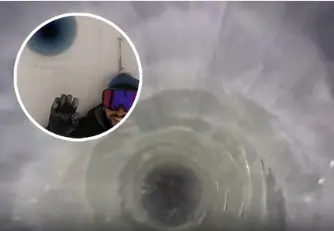
What Lies Beneath: Camera Dropped 305 Feet into Antarctic Ice Reveals Breathtaking Secrets of Earth’s Oldest Climate Record
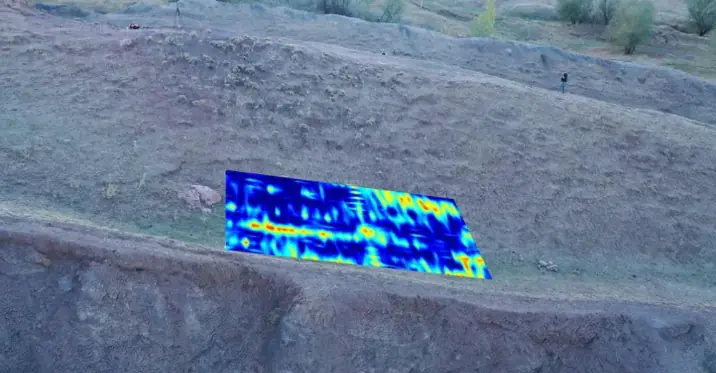
Is This the Lost Ark? Ground-Penetrating Radar Uncovers Intriguing Structures Beneath Turkish Site Tied to Biblical Legend

Hundreds of C@ncer-Causing Chemicals Found in Food Packaging: A Hidden Health Threat

Excessive Sleep Could Increase Dementia Risk: What You Need to Know

Bill Gates predicts three careers that AI won't replace

The Four Foods You Should Never Keep in Your Home: A Guide to Healthier Living

Experts Issue Warning About Frequent Use of Air Fryers: Here's What You Need to Know

Why Showering at Night Is Better Than in the Morning
For those struggling with poor sleep quality, muscle tension, or skin issues, showering at night may be a simple yet effective solution to improve overall health and well-being.

What Are Eye Floaters? Understanding Their Causes, Symptoms, and When to Seek Help

8 Anti-Can cer Foods to Add to Your Diet for Prevention
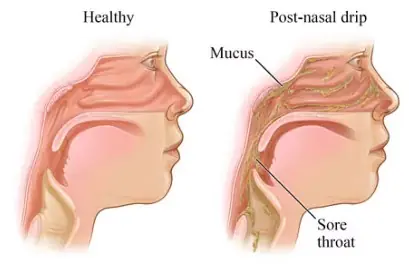
Understanding Mucus: What It Is, What It Means, and How to get rid of it

Understanding Dreams About De ceased Loved Ones: What They Mean and How They Help in Grieving

What Does It Mean To Wear a Ring On The Right Hand
The right hand represents strength, action, and decisiveness, while the finger and material you choose can further express your personality, values, and aspirations.
News Post

Justin Bieber sl@mmed after apologizing to Wife Hailey for the !nsult he gave her during "huge fight

Volcano Warning Alerts Elevated: Possible Erupti0ns in Hawaii and Alaska

New Jersey firefighter publicly announces end of marriage during 40th birthday celebration

10 Brilliant and Budget-Friendly Pet Hacks to Make Life Easier
Caring for pets doesn’t have to be expensive or stressful—these 10 easy hacks make life better for you and your furry friends!

Boost Your Body’s Defense: Foods That Support Parasite Protection
Certain foods can naturally help your body fight parasites while a holistic approach offers personalized care.

A UNEXPECTED FRIENDSHIP THAT CHANGED EVERYTHING

A Heartwarming Act of Kindness at T.J. Maxx: Helping a Homeless Woman in Need
A woman’s kind act at T.J. Maxx helps a homeless woman with jeans, thanks to a caring program. Read the story! ❤️🛍️

Denzel Washington Receives Honorary Palme d’Or at Cannes Amid Red Carpet Incident with Photographer

Break Free From Your Lazy Era: 13 Powerful Steps to Build a Productive and Fulfilling Future
Feeling stuck in a rut? It’s time to reclaim your motivation and unlock your full potential.

Barbie Forteza, David Licauco share love languages for each other
Barbie said David often expresses his love through acts of service and gift-giving.

I Planned the Perfect Family Trip and Gifted Him the Tickets, Then Stood Frozen as He Left Without Me
Feeling invisible in a crumbling marriage, Jennifer plans a surprise getaway for her husband, only to face heartbre@king betrayal. Read how she finds strength and starts anew.

“You Thought I Was Going to Sign the Apartment Over to You?” — The Moment I Saw My Family’s True Colors
After years of struggle, a young couple finally secures their dream apartment—only to face unexpected family pressure. Discover how standing up for their new home becomes a powerful journey of independence and self-respect.

I HELD MY BEST FRIEND'S NEWBORN THEN RECOGNIZED THE BIRTHMARK THAT REVEALED A HORR!FYING TRUTH
Tiana's life unravels when she notices a birthmark on her best friend Melisa's adopted son that's identical to the one her deceased son had. As she struggles to understand this impossible coincidence, Tiana uncovers a harrowing truth.

I Fled My Own Wedding, Only to Discover My Family Had Set an Even Bigger Tr@p
A runaway bride escapes an abu$ive wedding only to uncover a cr:u:el family plot. With unexpected help, she f!ghts for her future and reclaims her life in this gripping, emotional journey of betrayal and hope.

Melting arctic ice could unleash ancient 'z0mbie v!ruses': a growing concern

10-year-old heart tr@nspl@nt patient saves two toddlers with rare split-r00t domino sur9ery

Phoemela Baranda opens up about her modeling heyday and return to acting
Phoemela’s career began in the world of modeling at just 14 years old. She joined the Pink Soda Club at 13, which paved the way for numerous projects, including commercials locally and internationally.

New romance? Jimuel Pacquiao holds hands with mystery girl
As of this time, Jimuel has not made any public statements regarding his alleged new romance.

Meghan Markle celebrates 7th wedding anniversary with Prince Harry by sharing intimate, never-before-seen photos
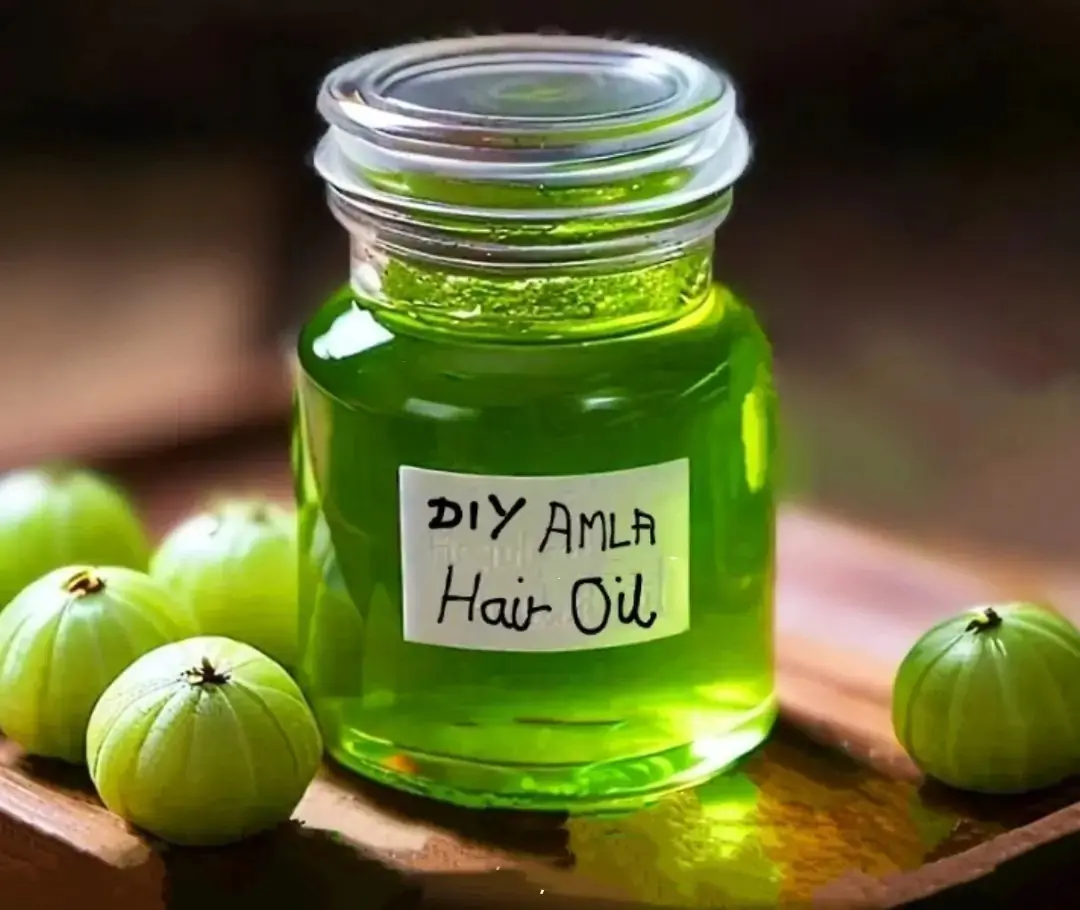
Homemade Amla Hair Oil for Hair Growth
Homemade amla hair oil is more than a traditional remedy - it's a holistic approach to hair wellness that integrates powerful nutrients, herbal wisdom, and practical care.